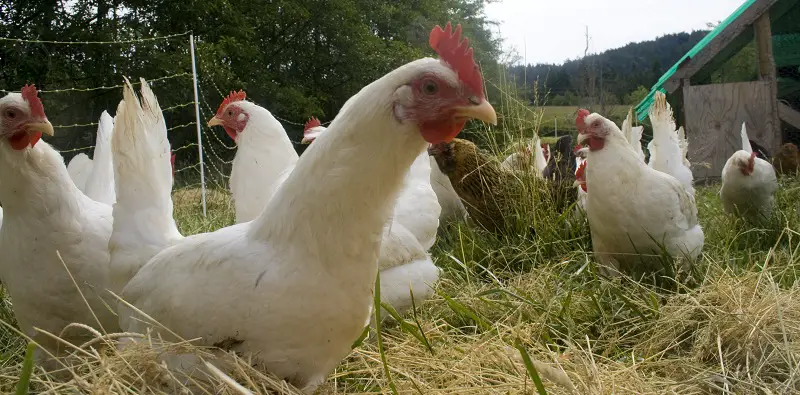Food companies employ whole teams of marketing professionals tasked with making their products look desirable to consumers, and that can make life difficult at the grocery store.
One of the most difficult types of food labels to figure out are those that are attached egg cartons, with so many similar-sounding terms to sort through (and so little time these days).
Which type of eggs are best for you? Everyone’s got a different budget, of course, but eggs are one of the most nutrient-dense foods out there and therefore well worth it when it comes to spending a little extra to get the best quality.
Recently, one writer took the time to sort out egg fact from fiction, and to better clarify what each label really means for shoppers.
Which Type of Egg is the Best Quality?
As far as egg carton terms go, there are 11 major ones to look out for, which are often found in combination with each other.
An article by NPR author Anders Kelto posted on the Cornucopia Institute’s website helped to sort out these terms.
The major terms are:
Pastured- This is the #1 type to look for if you want your eggs to come from something as close to a hen’s natural habitat as possible. The chickens spend most of their lives outdoors eating whatever they fancy. But beware: if it’s not organic or specified non-GMO on the carton, the hens could have eaten GMO corn. Try to find both pastured and organic eggs if you want the best of the best.
Free-Range- According to the Cornucopia Institute, this term merely means that birds have access to the outdoors. So while the term “range” makes it sound like a grand landscape to roam around in, the quality varies, and most hens have so little room that they actually prefer to stay indoors.
Organic- Organic eggs must be free-range (cage-free with ourdoor access), fed non-GMO, organic feed, and receive no hormones or antibiotics. Some are better than others, however, so feel free to dig deeper to find where your eggs really come from.
Cage-Free- These eggs come from chickens raised in large industrial barns as opposed to standard, far less humane caged-bird operations. Cage-free is generally a little more expensive than standard factory-farmed eggs but far less quality than pastured or organic.
[RELATED: Six Reasons Why You Shouldn’t Waste Your Money on Cage-Free Eggs]
Certified Humane- This is a subjective term used by third-party organizations such as Animal Welfare Approved and American Humane Certified, groups that assess farms based on animal welfare practices.
Omega-3- These hens are most likely given flaxseed mixed in with standard corn feed; however it is almost always GMO corn unless certified organic.
All-Natural- Considering this term is not regulated and vague, it’s not worth a whole lot. Most people consider eggs themselves to be “natural” but overlook GMO feed, massive overcrowding (4 to 12 hens in a single battery cage), and other unwanted surprises. Steer clear.
Farm Fresh- This term carries even less meaning than “all-natural;” you might as well ignore it as a mere marketing ploy.
No Hormones- Since it is illegal to give hormones to poultry, this term is essentially useless.
No Antibiotics- Used more for chickens in the meat industry and rarely in hens; this term is not nearly as important as many believe.
Vegetarian Fed- This likely means the chickens ate corn fortified with amino acids; however their natural diet would include insects, worms and more.
The Final Word
In addition to the mostly store bought items above, there’s always the option of finding a local, small farm that provides top-quality pastured and organic eggs.
You also may have the option of raising your own chickens depending on where you live. Either way, local is almost always best, and a little extra money can sometimes go along way when it comes to your health.
Thanks for installing the Bottom of every post plugin by Corey Salzano. Contact me if you need custom WordPress plugins or website design.





